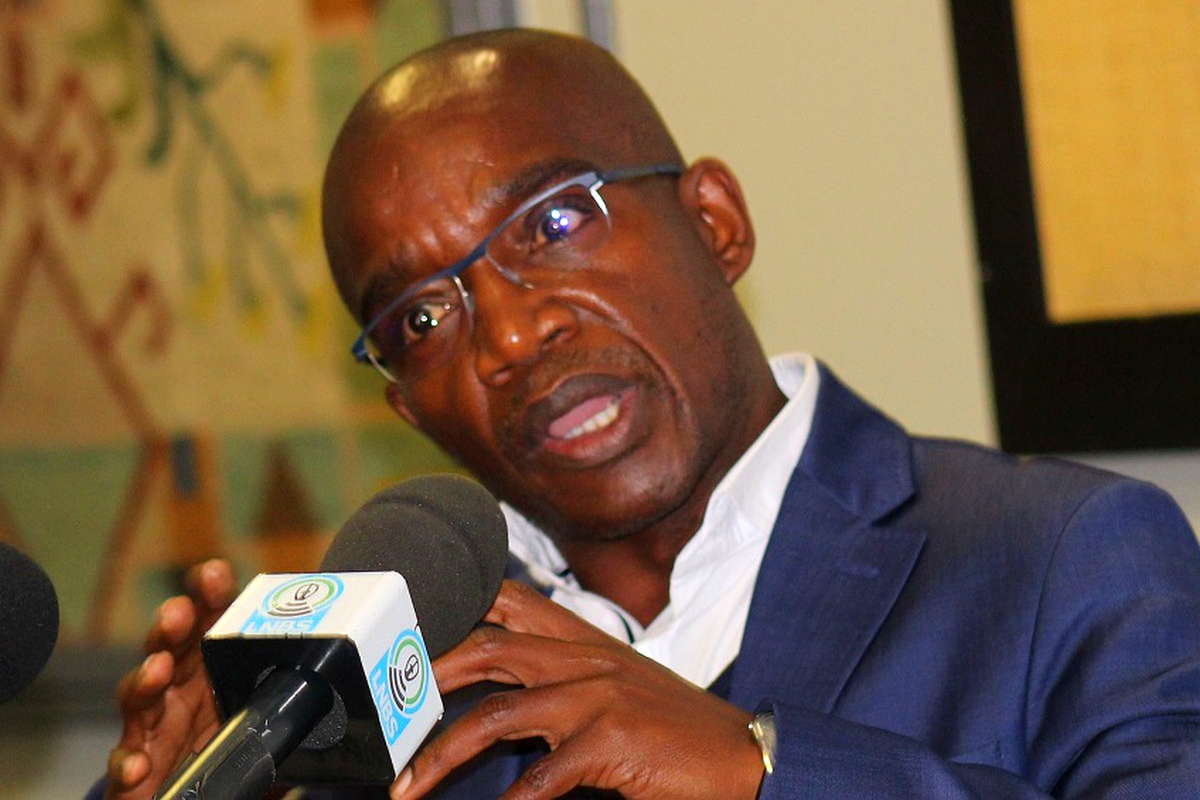NOT all Micro, Small and Medium Enterprises (MSMEs) will survive the COVID-19 crises, but the sector, with more than 85 000 registered businesses and a turnover of M192 million, has been tipped as a glimmer of hope towards restoring the economy that has been wrecked by the pandemic.
business
July 2, 2021
NEO SENOKO
3 min read
Small businesses tipped to save economy

Chaba Mokuku from the Delivery Unit department in the PM's Office
But, lack of access to finance and access to markets are threatening to slow down the pace with which the sector could recover the struggling economy.
Financing for MSMEs has been a concern for all stakeholders including entrepreneurs, financial institutions and government for many years, but to date, no solution has been reached.
Banks are still not willing to inject money into the sector that is ironically seen as a potential economic booster with more job opportunities. If ever they do, high costs of credit remain a stumbling block for many.
In a move to tackle these challenges, the Ministry of Small Business Development, Cooperatives and Marketing is in the process of developing a small business policy that will later turn into a law that will regulate the sector.
The ministry, in collaboration with the Delivery Unit department in the Prime Minister’s Office, is currently seeking stakeholder opinions on critical areas that the policy should entail.
On Monday the ministry held a round table discussion with players in the sector on critical points that should be included in the policy. Issues of access to finance and markets were top of the agenda, with many suggesting that the two should be dealt with and included in the policy if the sector is to prosper.
“Before COVID-19, the unemployment rate in the country was standing at 38.3 percent. About 30.5 percent was living in dire poverty while the gap between the rich and the poor is also very high. Lesotho is amongst the top countries in the world with a huge gap between the rich and the poor.
“So we believe that developing the MSME sector is the answer to these challenges. We have 85 173 registered businesses in the sector with a turnover of M1 192 million. At the moment, around 55 000 people are employed in the sector. However, 83 percent of businesses have not employed people at all. So, access to finance, infrastructure, technology and many other things should be looked into so that the sector can prosper and create more opportunities,” said Chaba Mokuku from the Delivery Unit department.
The unit is tasked with removing unnecessary obstacles to businesses and to level the playing field for smooth operations.
Enjoy our daily newsletter from today
Access exclusive newsletters, along with previews of new media releases.
Mr Mokuku said the Central Bank of Lesotho (CBL) and the Ministry of Finance are working together to address issues of access to finance. The institutions are also working on collateral registry and so far, commercial banks are happy and cooperative.
“Micro finance programme is also on the cards as we speak. Banks should respond to the needs of the people with their products. The micro finance policy will certainly address issues of access to finance,” he added.
According to a study released by the Private Sector Foundation of Lesotho (PSFL) in May, business linkages between corporates and Micro, Small and Medium Enterprises (MSMEs) should be institutionalised by an act of parliament to ensure that MSMEs do tap skills and knowledge from corporates.
These partnership, the study reckons shall unlock higher added value with the country as well as a strong return on investment.
The study recommends further that the government with the assistance of development partners through Aid for Trade should craft the policies and special programmes to ensure that the sector thrives.
Tailored for you






